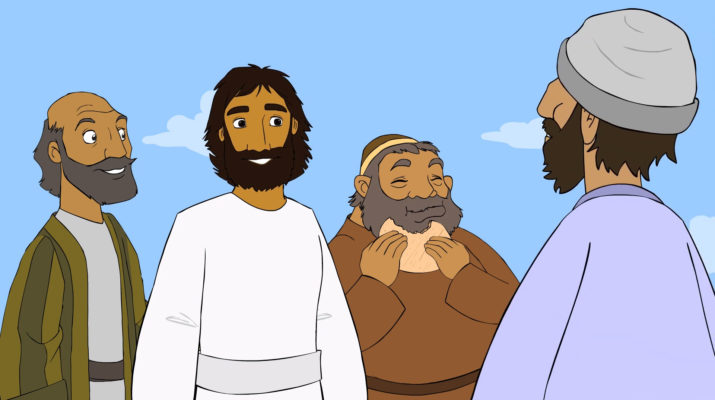Mark 8:35-37
Narrative Lectionary
35 For those who wantA to saveB their lifeC
A “want” = thelo. This is to wish, desire, will, or intend. It is to choose or prefer in a literal or figurative sense. It can also mean inclined toward or take delight in. It can have a sense of being ready to act on the impulse in question.
B “save” = sozo. From sos (safe, rescued, well). This is to save, heal, preserve, or rescue. Properly, this is taking someone from danger to safety. It can be delivering or protecting literally or figuratively. This is the root that “savior” and “salvation” come from in Greek.
C “life” = psuche. From psucho (to breathe, blow). This is breath, the breath of life, the self, individual, soul. This is the word for that which makes a person unique – their identity, will, personality, affections. This isn’t the soul as the immortal part of us, but as our individuality. It is also not life as a general concept, but specific to people. This is where the words psyche and psychology come from.
will loseD it, and those who lose their life for my sake, and for the sake of the gospel,E will save it. 36 For what will it profitF themG
D “lose” = apollumi. From apo (from, away from) + ollumi (to destroy or ruin; the loss that comes from a major ruination). This is to destroy, cut off, to perish – perhaps violently. It can also mean to cancel or remove.
E “gospel” = euaggelion. From eu (well, good, rightly) + aggelos (angel, messenger; a messenger from God bringing news – whether a prophet or an angel); {from aggellos (to bring tidings); probably from ago (to bring, lead, carry, guide)}. This is literally “the good news,” used for the gospel. This is also where “evangelism” comes from.
F “profit” = opheleo. 15x in NT. From ophelos (help, gain, profit); from ophello (to heap up or increase). This is to help, benefit, do good, or be useful.
G “them” = anthropos. Probably from aner (man, male, husband) + ops (eye, face); {from optanomai (to appear, be seen); perhaps from horao (become, seem, appear)}. This is human, humankind. Used for all genders.
to gainH the wholeI worldJ and forfeitK their life?
H “gain” = kerdaino. 17x in NT. From kerdos (profit, gain, advantage). This is to gain, win, or acquire. It is a word from the sphere of bartering and trading. Figuratively, it can mean trading up.
I “whole” = holos. This is whole, complete, or entire. It is a state where every member is present and functioning in concert. This is the root of the word “whole.”
J “world” = kosmos. Perhaps from the base of komizo (to carry, convey, recover); from komeo (to take care of). This is order, the world, the universe, including its inhabitants. Literally, this is something that is ordered so it can refer to all creation. It can also refer to decoration in the sense that something is better ordered and, thus, made more beautiful. This is where “cosmos” and “cosmetics” come from.
K “forfeit” = zemioo. 6x in NT. From zemia (damage, loss, failed deal; business matter ending in fine or penalty or loss); probably related to damazo (to tame or subdue). This is to damage, cause a loss, punish, forfeit, be damaged or cast away.
37 Indeed, what can theyL giveM in returnN for their life?
L “they” = anthropos. Same as “them” in v36. See note G above.
M “give” = didomi. To give, offer, place, bestow, deliver. This is give in a literal or figurative sense.
N “in return” = antallagma. 2x in NT. From anti (opposite, instead of, against) + allasso (to change, transform) {from allos (other, another; another of a similar kind or type)}. This is to exchange, an equivalent, a ransom.
Image credit: “Jesus Asked about Fasting” by Bible Society Australia – The Wild Bible.




